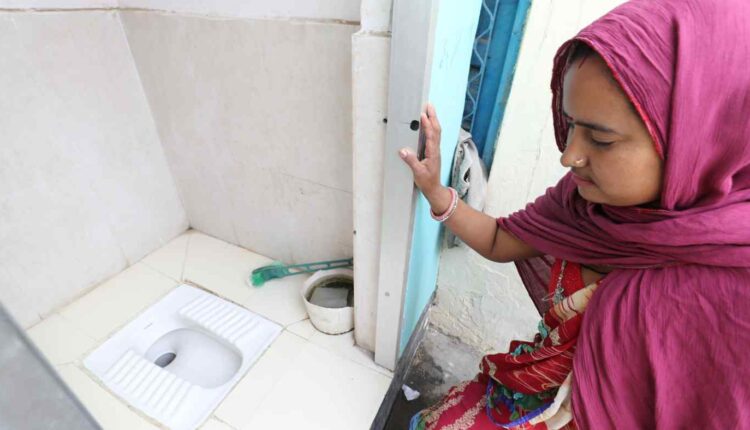A government-backed sanitation project has led to the construction of over 117 million toilets across India, which may have saved the lives of up to 70,000 infants, according to a study published in the science journal Nature.
The initiative, launched under Prime Minister Narendra Modi‘s “Clean India” campaign on October 2, 2014, aimed to make the country “open defecation-free” (ODF). Focusing primarily on rural areas, the campaign received a public investment of over 1.4 trillion rupees ($16.7 billion), with rural sanitation coverage rising from 39% in 2014 to 100% by 2019 in the program’s first phase. The ongoing second phase, expected to run until 2025, aims to sustain the ODF status and address solid and liquid waste management.
The Nature study highlighted that “toilet access and child mortality have a historically robust inverse association in India.” The post-Swachh Bharat Mission (SBM) period saw accelerated declines in infant and child mortality rates compared to previous years. Researchers estimated that the large-scale provision of toilets could have prevented approximately 60,000-70,000 infant deaths annually, emphasizing the health benefits of transformative sanitation programs in low- and middle-income countries.


